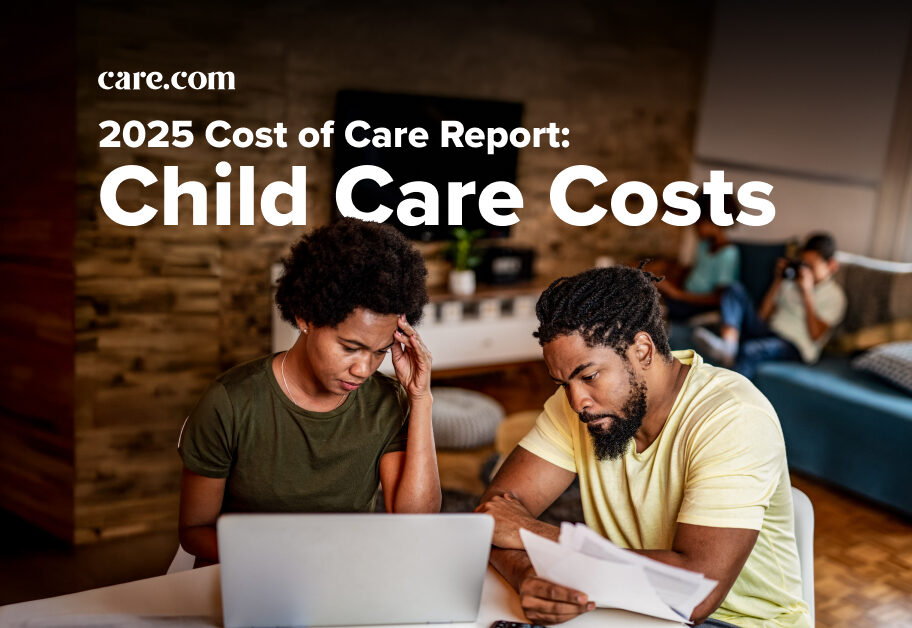With schools closing, mandatory quarantines and grocery stores running out of staples across the country, it’s a scary time to be a parent. We’ve got serious things to worry about: keeping our kids safe and secure, keeping our jobs and keeping our bathrooms stocked with toilet paper. We may not have even taken a moment to consider what will happen if we ourselves are infected with COVID-19.
As the spread of the virus escalates across the U.S., it seems increasingly likely that many of us will be infected. But that doesn’t mean we should panic. Dr. Manasa Mantravadi, a pediatrician with Riley Children’s Health in Indianapolis, offers a comforting reminder that, even if infected with COVID-19, most people’s symptoms will be completely manageable.
“Most cases will be mild in children and healthy adults without any other medical conditions,” Mantravadi says.
So what should parents do if they start to feel under the weather or suspect they have COVID-19? Without child care assistance from our typical caregivers — or even grandparents — to provide backup, infected parents may have no choice but to expose their children to sickness, simply by caring for them. Here’s what our expert suggests.
If you have common cold symptoms:
The symptoms of a common cold are generally mild and usually start with a sore throat, followed by a runny or stuffy nose, sneezing and sometimes fatigue, according to the Centers for Disease Control and Prevention (CDC) — but you usually don’t get a fever or chills with a cold.
“If you have common cold symptoms, but otherwise are feeling OK,” Mantravadi says, “do what you normally would do — get rest and plenty of fluids.”
If you have mild flu or COVID-19 symptoms:
According to the CDC, the common symptoms of COVID-19 include a fever, cough and shortness of breath, with symptoms typically appearing 2-14 days after exposure.
When parents have mild symptoms (like a cough, sore throat, fatigue, headache), Mantravadi suggests isolation as a family unit. “However, since social distancing is what we are recommending for everyone, this is not a big departure from what we should all be doing right now — staying home,” she says.
If you feel sick or display mild symptoms, Mantravadi also recommends taking the following cautionary measures around your family:
-
Try to keep as much distance, within reason, between family members — definitely avoid kissing, snuggling up.
-
Avoid sharing personal household items (drinking glasses, utensils, towels, bedding).
-
Do some extra cleaning for all “high-touch” surfaces (counters, tabletops, doorknobs, phones, remotes).
If your symptoms get worse:
If you develop emergency warning signs like difficulty breathing, persistent pain or pressure in the chest, confusion or blue-tinted lips or face, call your doctor right away.
“Call ahead before visiting the doctor so they can take steps to keep other people from getting infected or exposed,” Mantravadi says. “Be mindful that each state has different testing policies so be sure to call your doctor for specific recommendations if you are experiencing COVID-19 symptoms.”





